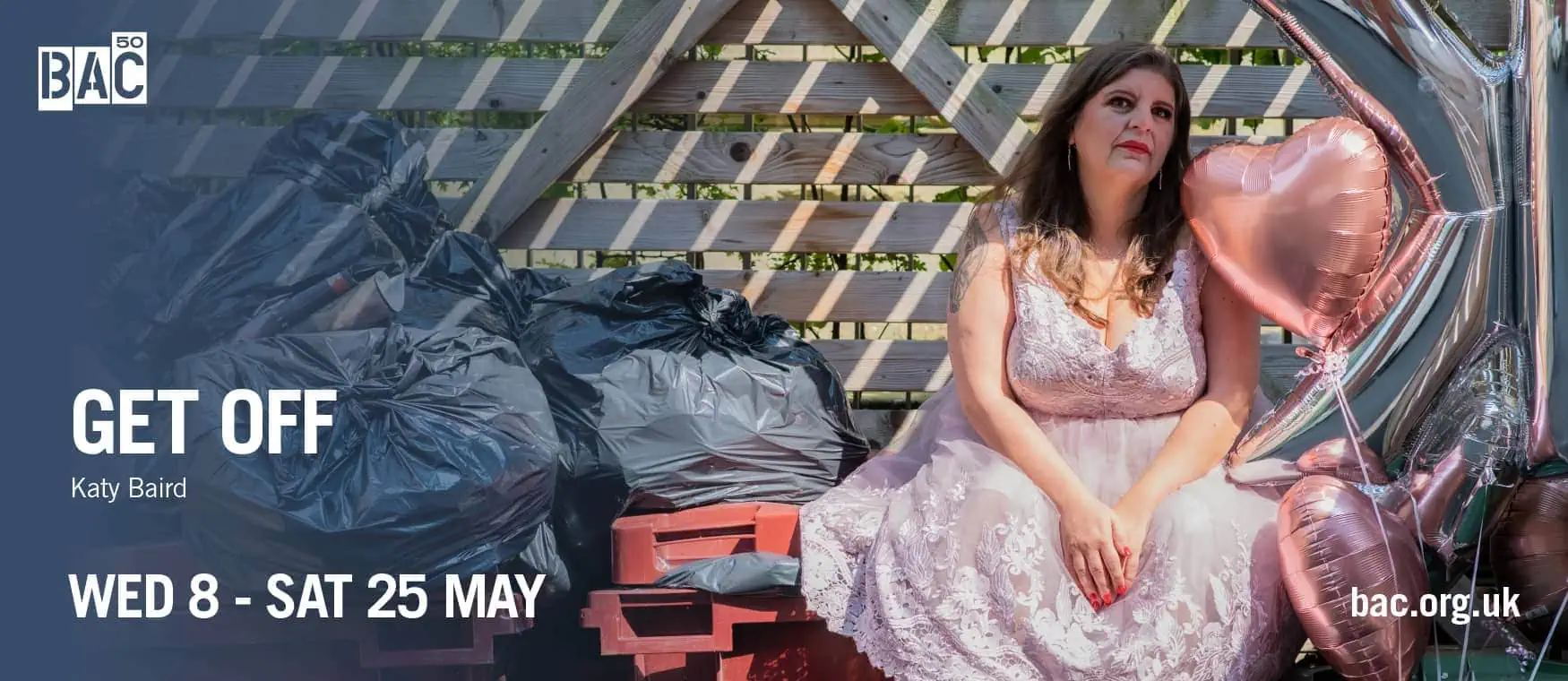The Commitments is a musical about a group of unemployed young Irish friends with a big dream – to bring back Dublin soul.
By Patrick Cash
The Commitments is a big-stage musical adapted from a Roddy Doyle novel about a group of unemployed young Irish boys and girls who put together a band with the aim of bringing back their soul to their city. Having been phenomenally popular as a book in the 90s, and subsequently a film, it seems a good choice for Cambridge Circus’s The Palace Theatre which presents itself as not only politically topical, given current unemployment rates in the UK but also a very different successor to previous stellar incumbent Priscilla and her glittering heel.
An antithesis to Priscilla‘s gay-as-you-like glam, all the boys in The Commitments are very masculine, earthy and as conceivably straight as an Irish writer can possibly spurt into his pen. There are no gay people in The Commitments‘s Dublin, and neither are there any other marginalised cultures represented upon the stage, although many black-origin songs are referenced and played in its score. But do we have to see ourselves upon the stage to enjoy a show?
Doyle is a sympathetic writer, whose style is wrapped up in grit and downtrodden humour. His characters hold manifest humanity, spar and spark off one another, flit from drunken aggression to tear-laced confession – but they are always shown to care. The acting is bombastically great, as you’d expect from a big West End show, the music great and toe-tapping (although a number of songs inexplicably finish half-way through) and the whole production races you along in its swift, sizzling current. It’s jazzed-up and slick, but underneath there is an element of soul too provided largely, I’d hazard, by Doyle’s source material.
Go for the music and the craic, and for what musicals are largely designed to achieve: a superb losing of yourself and your worries in old-fashioned fun. But don’t expect to see any realistic depiction of yourself, or of diverse modern culture, upon the stage.
- The Commitments is at The Palace Theatre, 113 Shaftesbury Avenue, W1D 5AY. www.palacetheatrelondon.org










